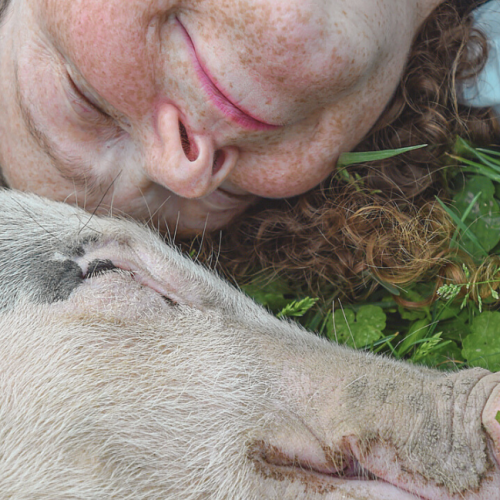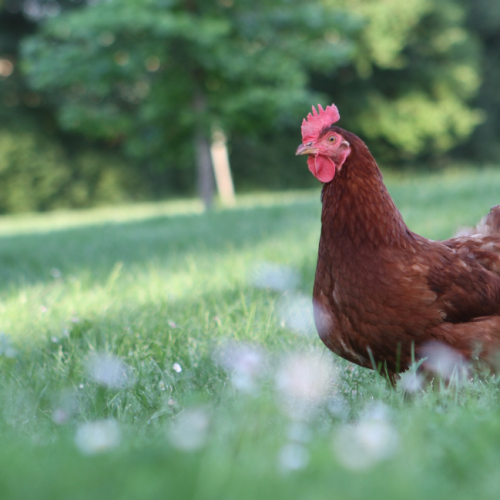The lowdown on COP28 - the world finally agrees to 'transition away' from fossil fuels
COP28 happened just last month (30 Nov 2023 – 13 Dec 2023), and there’s a lot to break down.
COP28 is the 28th United Nations Climate Change Conference, and it took place in Dubai, United Arab Emirates this year. COP means ‘Conference of the Parties’, if you’re wondering about the funny acronym.
So what was the biggest win from the conference?

Cop 28 was held at Expo City, Dubai in the United Arab Emirates (UAE)
Global Agreement to 'transition away' from fossil fuels
The big win is that nearly every country in the world has agreed to “Transition away from fossil fuels in energy systems in a just, orderly and equitable manner, accelerating action in this critical decade, so as to achieve net zero by 2050”.
This is the first time such an agreement has been reached in 28 years of international climate negotiations.
However, many countries including The Alliance of Small Island States, critiqued this agreement as being too weak, noting "a litany of loopholes”.
"The text does not speak specifically to fossil fuel phaseout and mitigation in a way that is in fact 'the step change that is needed'," said the alliance, known by its acronym AOSIS, which represents countries that are disproportionately vulnerable to climate effects including sea level rise.
Cries for help from the Pacific
AOSIS’s comment reflects a general disillusionment amongst Pacific island representatives at the conference. iTaukei woman Lavenia Naivalu, on an Indigenous panel representing the Pacific, asserted “We are now swimming against the tide and trying our best to survive.”
Naivalu cited flash flooding - a product of rising sea levels - blocking roads and causing landslides twice in just one month.

Language Loopholes
Ultimately, the outcomes of COP will continue to be compromised with the presence of lobbyists with vested interests in sustaining the fossil fuel economy.
Over the course of COP28 it is clear how lobbyists worked to water down the language of the Global Stocktake agreement.
Heated discussion around whether to “phase out” or “phase down” fossil fuels, eventually led to a halfhearted agreement to “transition away.”
Drue Slatter, a Pacific climate campaigner and communications manager for 350.org notes, “As long as we allow these perpetrators into the UNFCCC process we are only going to see incremental change, we are not going to see transformative change.”

Sustainable Food Systems
We were pleased to see the transformation of agriculture and food systems emerging as a key discussion point throughout the conference, with a prominent focus on the evolution of agriculture to sustainable food systems.
150 signatories at COP28 signed the first resolution at any COP to draw links between climate change and the food we eat.
However, the current road map laid out by the UN’s Food and Agricultural Organisation (FAO) on how to reduce emissions has many critics, including delegates from World Animal Protection:
"We will not meet our climate targets unless we tackle the root causes of overproduction and overconsumption of animal products, particularly in the Global North. The Roadmap as it stands does not acknowledge the need to drastically reduce our dependence on unsustainable meat and dairy products.”

Meat and Dairy
Now, for a much-needed breakdown of the meat and dairy industry’s presence at COP28; big players in global warming that too often fly under the radar but must be talked about.
With a whole day dedicated to food and agriculture for the first time ever, as the need for reduced global emissions becomes increasingly dire, this year’s conference saw a marked increase in meat and dairy lobbyist attendance (what are the chances?). Three times as many delegates were at COP28 this year, compared to last year.
It’s a turnout that reflects an increasing awareness of meat and dairy firms’ contributions to global greenhouse gasses, and a desire of lobbyists to assuage concerns. But the statistics are striking:
“The world’s top five meat companies’ emissions are estimated to be significantly larger than those of the oil firms Shell and BP, while the global dairy industry’s 3.4% contribution to human-induced emissions is a higher share than aviation.”
Ben Lilliston, of the Institute for Agriculture and Trade Policy, reflects "With greater scrutiny over emissions from meat and dairy companies, it is not surprising they are stepping up their game to head off any outcome that might hinder their operations. Even so, a tripling of delegates is alarming – it drives home the urgent need for reforms that limit corporate influence at UN climate meetings.”
Sobering summary
Professor Rachel Kye writes in The Conversation, “Even if all the pledges made at COP28 are implemented, the world will still exceed the Paris goal of keeping global warming under 1.5 degrees Celsius (2.7 Fahrenheit) compared to preindustrial temperatures.”
Time to seize the momentum generated by the historic Agreements of COP28 to chart a course towards transformative change. One things for certain—we must crank up the pressure to full throttle, and keep pushing for action to accelerate the change we so desperately need.
Information sourced from The Conversation, The Guardian, Carbonbrief.org, Reuters, and The Guardian.










